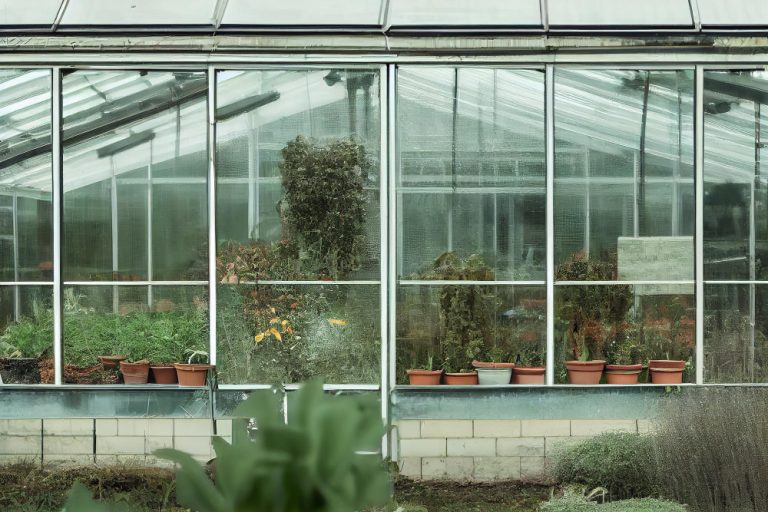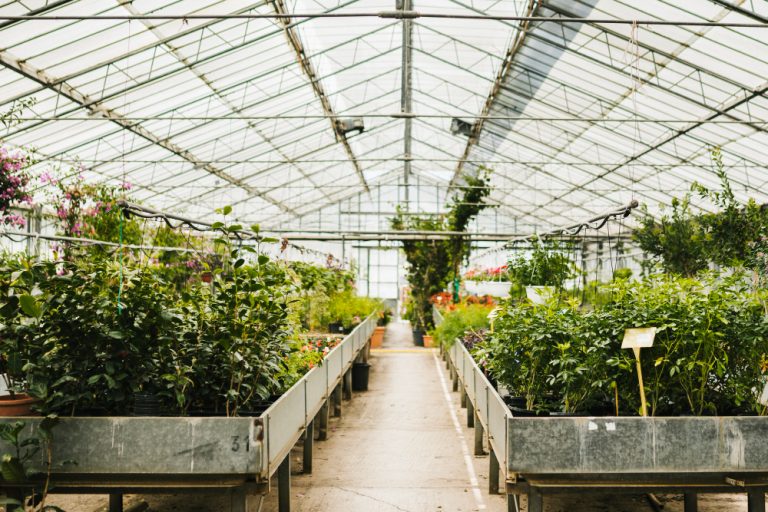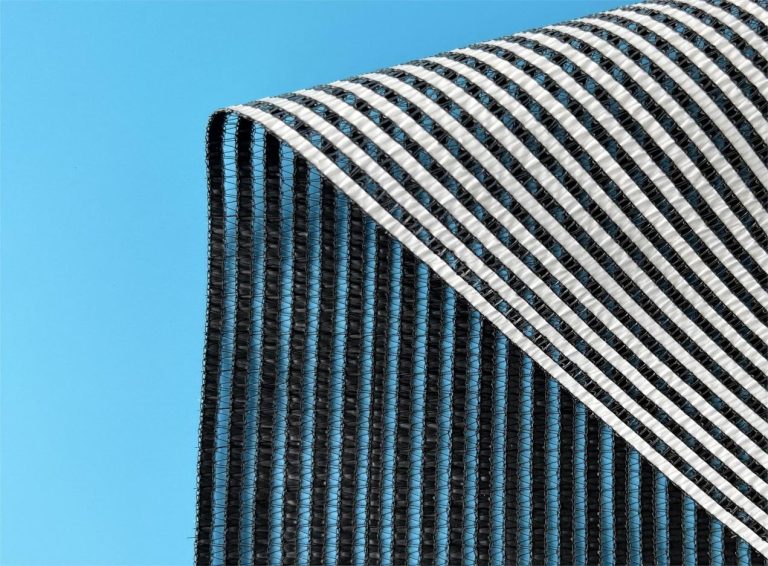Choosing the right shade net for your greenhouse is essential for optimizing plant growth and maintaining a suitable environment.Here are key factors to consider when selecting a shade net:
1.Shade Percentage
Determine the Required Shade Level:Shade nets are available in various percentages(e.g.,30%,50%,70%).Choose based on the plants you are growing:
30%Shade:Suitable for sun-loving plants that need some protection.
50%Shade:Good for most vegetables and flowers.
70%Shade:Ideal for shade-tolerant plants or in extremely hot climates.
2.Material
Fabric Type:Common materials include polyethylene and polypropylene.
UV Stabilization:Look for UV-stabilized nets to ensure durability and prolonged use.
3.Light Diffusion
Light Quality:Some shade nets can diffuse light,which helps reduce the intensity of direct sunlight.This is beneficial for preventing plant scorch and promoting even growth.
4.Color
Shade Net Color:Different colors affect light absorption and plant growth:
Black:Provides maximum shade but can absorb heat.
White or Aluminized:Reflects more light,helping to keep the greenhouse cooler.
5.Size and Fit
Dimensions:Measure your greenhouse to ensure the net covers the entire area.Consider extra material for securing the net.
Ease of Installation:Choose a net that is easy to install and adjust as needed.
6.Ventilation Considerations
Airflow:Ensure the shade net allows for adequate airflow to prevent overheating.Some nets are designed to promote air circulation while providing shade.
7.Cost and Durability
Budget:Balance your budget with the quality and longevity of the net.Higher-quality nets may have a higher initial cost but can save money in the long run.
Warranty:Check for warranties that indicate confidence in the product’s durability.
8.Multi-Functionality
Seasonal Use:Some shade nets can be used year-round.Consider nets that can be adjusted or removed based on seasonal needs.
Conclusion
Selecting the right shade net for your greenhouse involves assessing shade percentage,material,color,size,and installation ease.By carefully evaluating these factors,you can create an optimal environment for plant growth while effectively managing sunlight and temperature.




